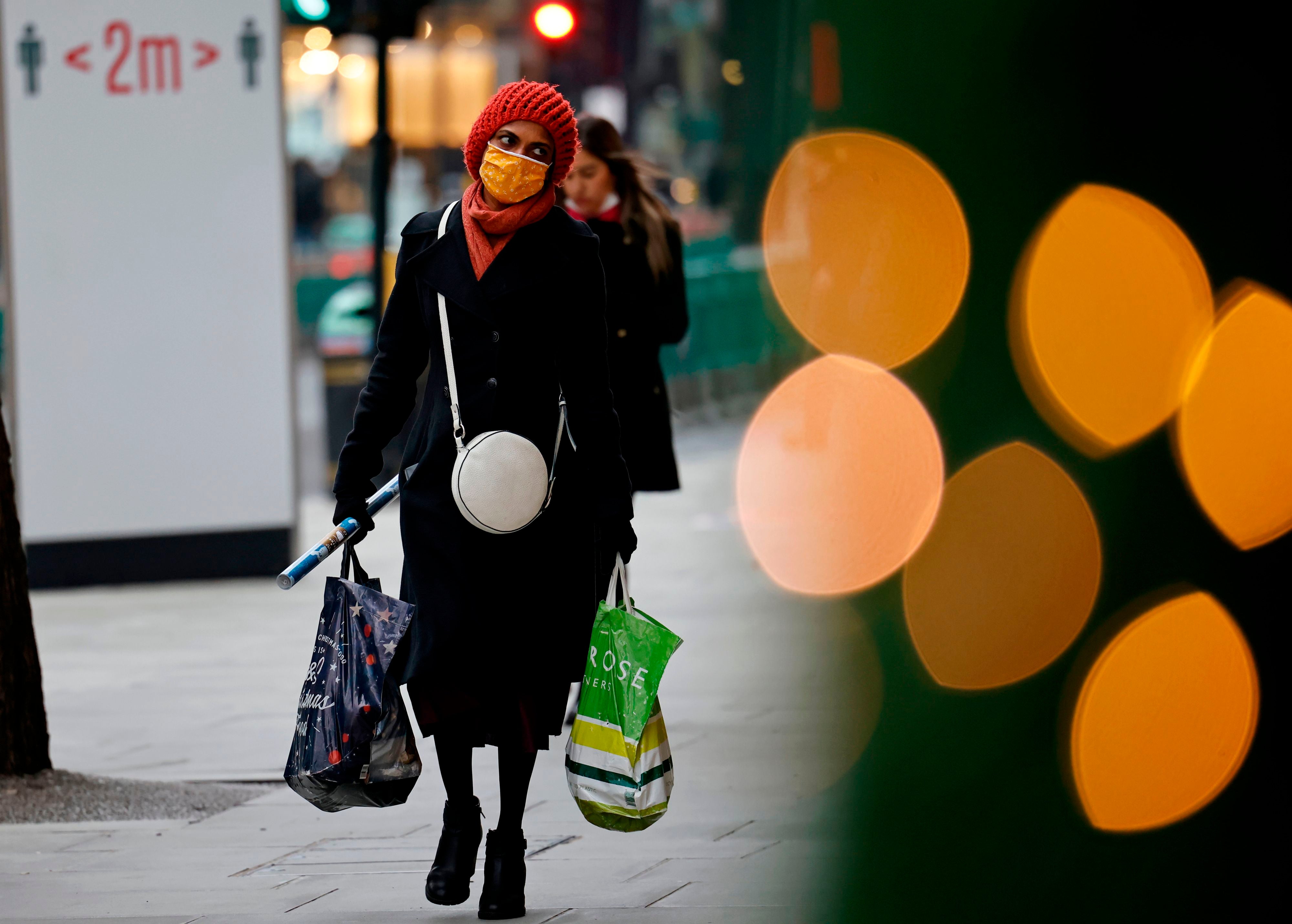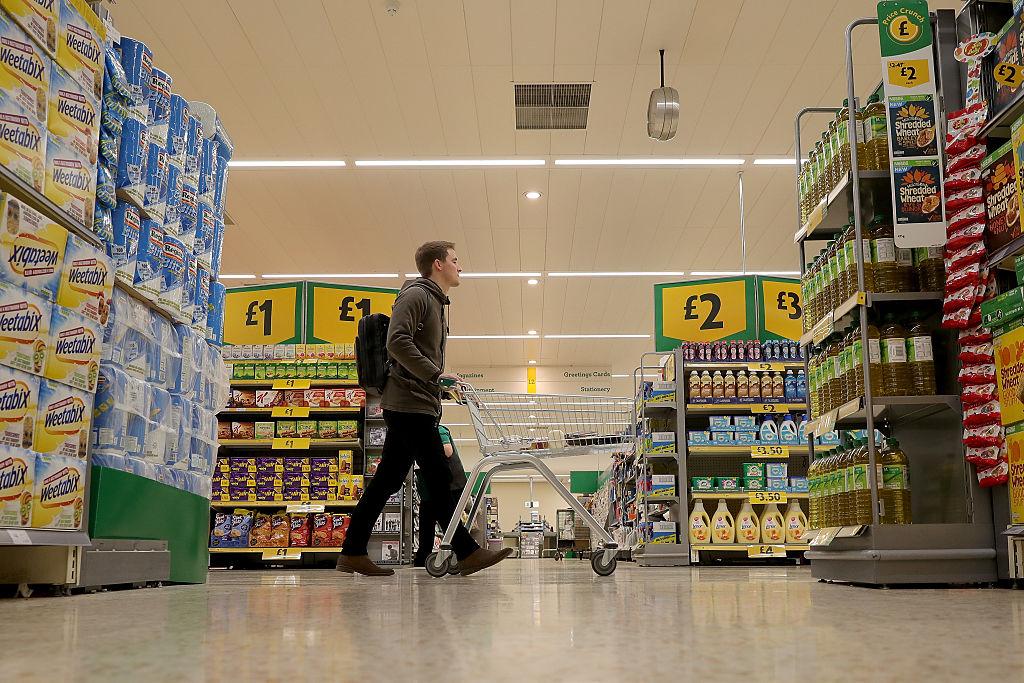UK shops facing shortages of paracetamol and turkeys ahead of Christmas
A rise in Omicron cases is behind a shortage in medicines such as painkillers, experts have said

Your support helps us to tell the story
From reproductive rights to climate change to Big Tech, The Independent is on the ground when the story is developing. Whether it's investigating the financials of Elon Musk's pro-Trump PAC or producing our latest documentary, 'The A Word', which shines a light on the American women fighting for reproductive rights, we know how important it is to parse out the facts from the messaging.
At such a critical moment in US history, we need reporters on the ground. Your donation allows us to keep sending journalists to speak to both sides of the story.
The Independent is trusted by Americans across the entire political spectrum. And unlike many other quality news outlets, we choose not to lock Americans out of our reporting and analysis with paywalls. We believe quality journalism should be available to everyone, paid for by those who can afford it.
Your support makes all the difference.The UK is facing a shortage of paracetamol and turkeys in the run-up to Christmas, new ONS figures have revealed.
Figures from the Office for National Statistics covering shelf availability of products between 17 and 20 December showed 24 per cent of frozen turkeys were not available or stock was low, while the figure was 25 per cent for paracetamol.
A shortage of skilled butchers has been widely blamed by the industry in recent months for a growing risk to meat supplies over the festive season. Additionally, supply chain issues brought on by Brexit and the summer “pingdemic” have also contributed to nationwide shortages.
The British Meat Processors Association warned in October that turkeys would likely have to be shipped in from the EU ahead of the festive period while highlighting a threat to the usual range of choice available due to staff shortages caused by Brexit and Covid-19.
The British Poultry Council head Richard Griffiths insisted last month that there would be “a bird for everyone who wants one” but also warned that there would be less choice. This came as the government relaxed immigration rules in September in order to make over 5,000 visas available for foreign workers to help the poultry industry get through Christmas.
“We've been able to streamline products and reduce the variety, so that helps with the overall volume. There will be a focus on whole birds and very simple crowns and roasts,” he added.

The ONS said while beer and fresh fruit and veg were among the products most widely available during the festive season, ibuprofen and chocolate selection boxes were among the items facing some of the highest shortages.
Laura Hoy, Equity Analyst at Hargreaves Lansdown, said medicines like paracetamol and ibuprofen have been harder to find as the winter cold season converges with the fast-spreading Omicron variant.
“This was also an issue early on in the pandemic as people prepared for the worst,” Ms Hoy said.
On supply chain issues impacting the availability of turkeys, she added that shortages of particular items have been a worry for consumers in the lead up to Christmas.
She said: “In response, we’ve seen the shopping period elongated as people stocked up on items they deem essential to the festivities early on. Frozen turkeys have been flying out of the freezers and since November they have regularly topped the list of products in shorter supply.
“As we approach the big day, it’s no surprise, given the rush, that researchers found almost a quarter of frozen turkeys were found to be low or unavailable in stores.
“With pandemic-related headwinds continuing to hang over the market, shortages and price hikes are likely to continue into the new year. Issues stocking shelves could be somewhat mitigated if consumers start to tighten their purse strings to cope with the rise in inflation.”
Join our commenting forum
Join thought-provoking conversations, follow other Independent readers and see their replies
Comments